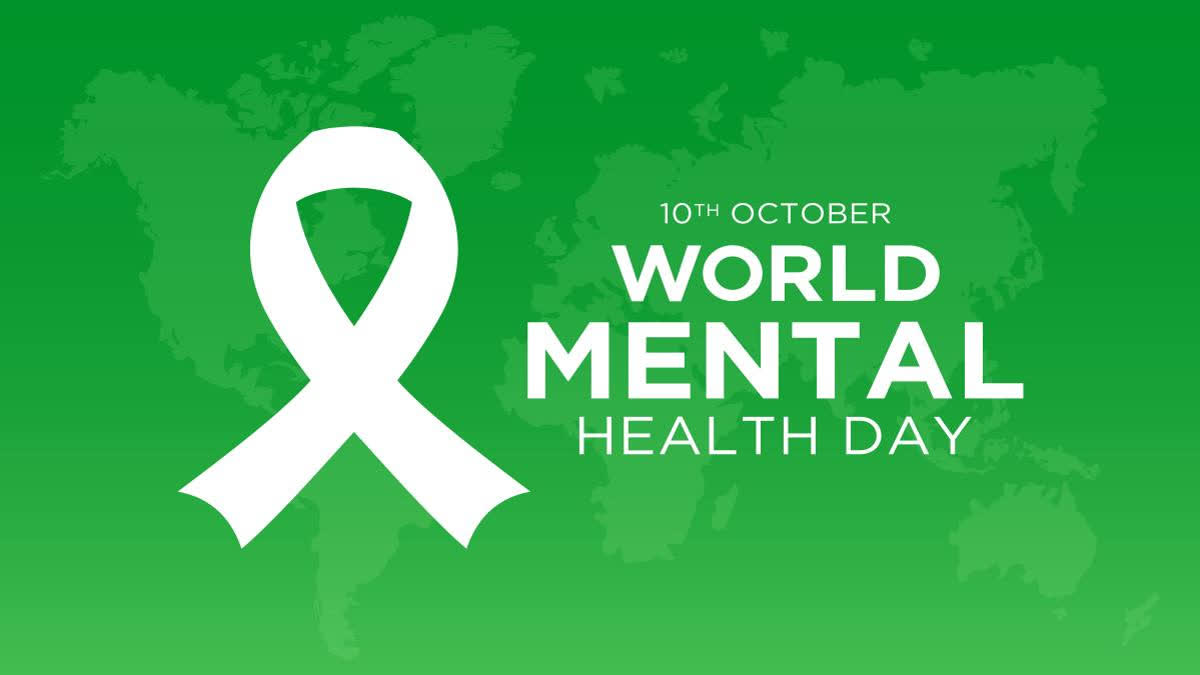New Delhi: Observed on October 10, World Mental Health Day raises awareness of mental health issues around the world and mobilises efforts in support of mental health. It also provides an opportunity for all stakeholders working on mental health issues to talk about their work, and what more needs to be done to make mental health care a reality for people worldwide.
History & Significance
The World Mental Health Day was first organised on October 10, 1992, by the World Federation for Mental Health (WFMH). The WFMH is a global mental health organisation having a presence in over 150 countries. The initiative was proposed by Richard Hunter, Deputy Secretary General of the World Federation for Mental Health, in 1992.
World Mental Health Day is an opportunity for people and communities to unite for the improvement of knowledge, raise awareness and drive actions that promote and protect everyone's mental health as a universal human right.
Good mental health is vital to overall health and well-being. According to the World Health Organization (WHO), one in eight people globally are living with mental health conditions, which can impact their physical health, their well-being, how they connect with others, and their livelihoods. Mental health conditions are also affecting an increasing number of adolescents and young people.
What Is Mental Health
Mental health is a basic human right for all people. Everyone, whoever and wherever they are, has a right to the highest attainable standard of mental health. This includes the right to be protected from mental health risks, the right to available, accessible, acceptable, and good quality care, and the right to liberty, independence and inclusion in the community.
WHO’s Take On Mental Health
According to WHO, having a mental health condition should never be a reason to deprive a person of their human rights or to exclude them from decisions about their own health. However, people with mental health conditions continue to experience a wide range of human rights violations. Many are excluded from community life and discriminated against, while many more cannot access the mental health care they need or can only access care that violates their human rights.
